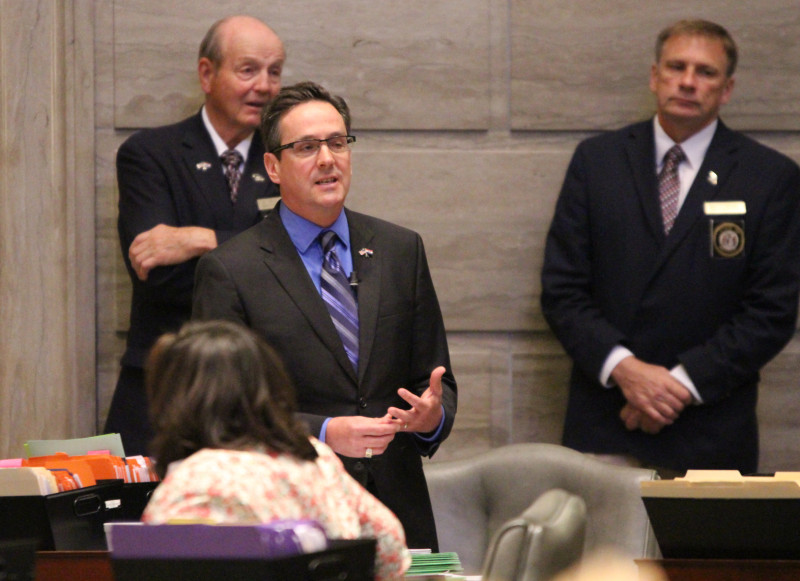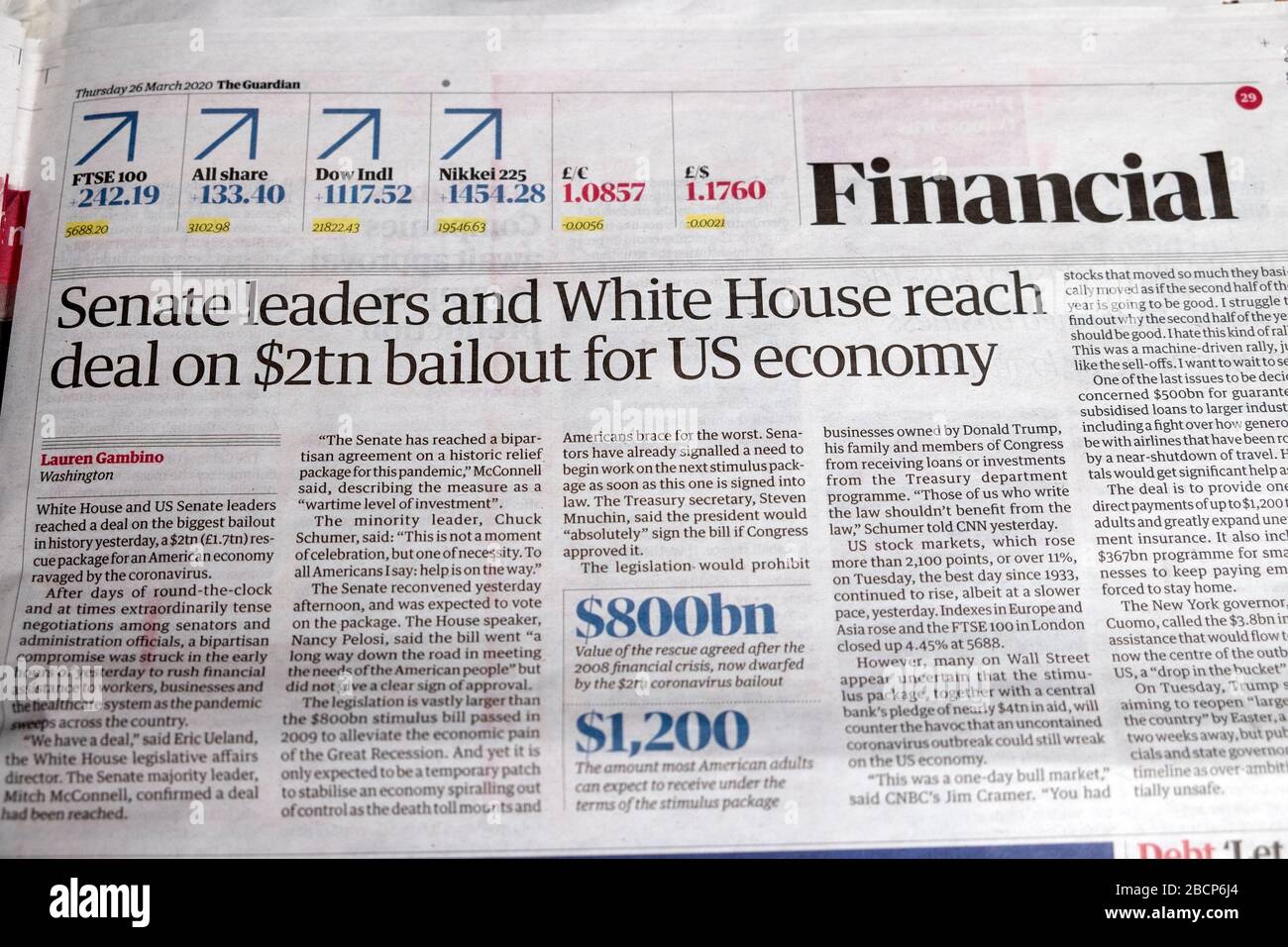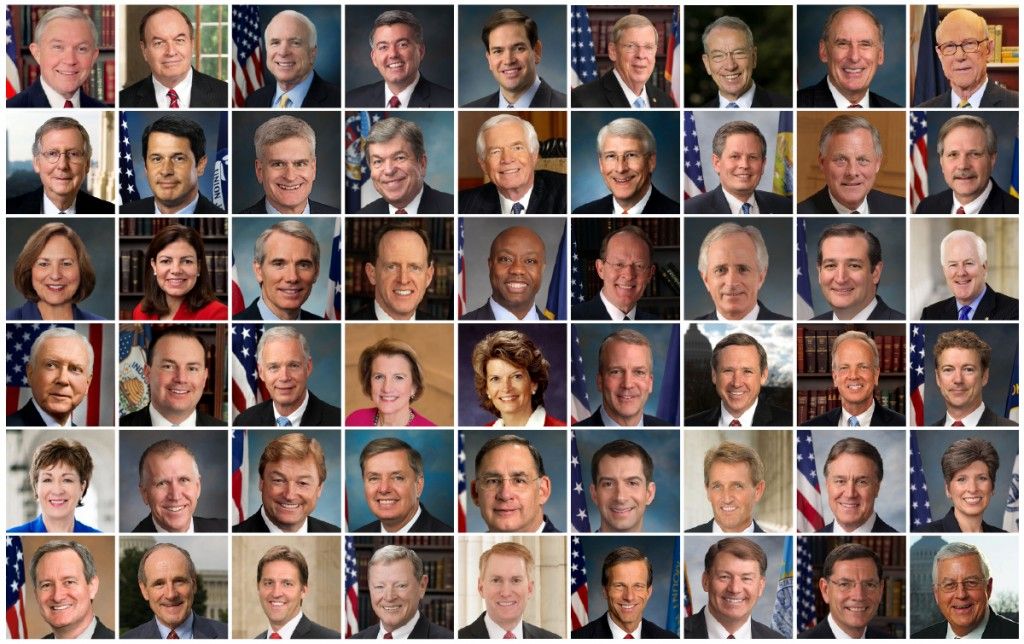Table Of Content
- Trump Slows Campaign Spending as He Tries to Close Cash Gap With Biden
- House and Senate leaders agree on $1.66 trillion spending limit. Will Congress manage to avoid a government shutdown?
- Support our journalism
- US Congress leaders reach $1.66tn spending deal ahead of feared shutdown
- Money raised and spent by the campaigns (in millions)
- With Shutdown Looming, House and Senate Leaders Agree on Spending Levels

The agreement includes an increase in Pentagon spending to $886.3 billion and it will hold nondefense funding at $772.7 billion, the Times reported. It will include $69 billion that was agreed upon in a deal between McCarthy and the White House. The deal that was reached was a $1.66 trillion agreement to finance the federal government in 2024, The Washington Post reported.
Trump Slows Campaign Spending as He Tries to Close Cash Gap With Biden
Johnson would then likely have to bring the bill up through a streamlined process requiring two-thirds support to pass. In a letter to colleagues, House Speaker Mike Johnson said Sunday the agreement would secure $16 billion in additional spending cuts from the previous agreement brokered by then-Speaker Kevin McCarthy and President Joe Biden and is about $30 billion less than what the Senate was considering. If those numbers sound familiar, they are similar to the amounts approved by the Senate Appropriations Committee in the debt ceiling agreement. “Throughout the negotiations, Democrats fought hard to protect against cuts to housing and nutrition programs, and keep out harmful provisions that would further restrict access to women’s health, or roll back the progress we’ve made to fight climate change,” Schumer, D-N.Y., said in support of the legislation. Overall, this year’s spending bills would keep non-defense spending relatively flat with last year’s bill, despite the rise in inflation, and some $70 billion less than what President Joe Biden originally sought.
House and Senate leaders agree on $1.66 trillion spending limit. Will Congress manage to avoid a government shutdown?
The most conservative House Republicans opposed the earlier debt ceiling agreement and even brought House proceedings to a halt for a few days to show their displeasure. Many were surely wanting additional concessions, but Democrats have been insistent on abiding by debt ceiling spending caps, leaving Johnson in a difficult spot. In a letter to his Republican colleagues, Speaker Johnson advised that he had secured some concessions—including an additional $10 billion in cuts to the IRS mandatory funding for a total of $20 billion. Those cuts came from the nearly $80 billion promised to the IRS in the Inflation Reduction Act. Those amounts had already been agreed upon, but the cuts would come over two fiscal years. Johnson conceded the spending levels "will not satisfy everyone and they do not cut as much spending as many of us would like," but he said the agreement puts Congress on a path to fight for more policy riders and spending cuts going forward.

Support our journalism
"America faces serious national security challenges, and Congress must act quickly to deliver the full-year resources this moment requires," he said on X, the platform formerly known as Twitter. House Speaker Mike Johnson, R-La., celebrated the deal for securing money for veterans and guaranteeing further cuts to the IRS and COVID relief funds. Then $75 per month.Complete digital access to quality FT journalism on any device.
Utah Rep. Celeste Maloy, a member of Utah’s all-Republican congressional delegation, spoke to the Deseret News on Thursday about the importance of deciding on a topline spending number. She said she is grateful Johnson prioritized budget talks over the December recess so Congress has time to hammer out a final deal in coming days. The House speaker said Congress “must move quickly” to finish the appropriations process, which requires the support of both Republicans and Democrats, but hardline conservatives are pushing back as the two funding deadlines — Jan. 19 and Feb. 2 — to avoid a shutdown are fast approaching. The speaker said the agreement slashes the Senate’s proposed appropriations by $30 billion, noting that the numbers fall in line with the spending caps set by the Fiscal Responsibility Act of 2023, negotiated by President Joe Biden and former House Speaker Kevin McCarthy, R-Calif., when suspending the debt ceiling.
US Congress leaders reach $1.66tn spending deal ahead of feared shutdown
After months of negotiations, House and Senate leaders reached an agreement Sunday on total spending levels to fund the government in 2024. Given that the measure is the last must-pass bill before the holidays and the end of the 117th Congress, lawmakers shoved dozens of separate funding and legislative priorities into the package. The compromise offered Democrats a final opportunity to set the federal budget while they still control both chambers of Congress. The bill, which funds the government through the end of September, substantially increases spending and provides $858 billion in military funding and more than $772 billion for domestic programs.
House and Senate negotiators reach agreement to prevent shutdown - The Guardian US
House and Senate negotiators reach agreement to prevent shutdown.
Posted: Wed, 28 Feb 2024 08:00:00 GMT [source]
WASHINGTON (AP) — President Joe Biden and congressional leaders announced Tuesday that they have reached an agreement on this fiscal year’s final set of spending bills. Now, the question is how fast lawmakers can get the bills passed to avoid a partial government shutdown. In a joint statement, congressional leaders of both parties confirmed that the House and the Senate would vote this week on a short-term funding bill to allow lawmakers more time to finalize full-year appropriations bills. The leaders said that negotiators have already reached a deal on six full-year spending bills, and the remaining six bills are expected to be finalized before 22 March. Under the United States budget process established in 1921, the US government is funded by twelve appropriations bills that are formed as a response to the presidential budget request submitted to Congress in the first few months of the previous calendar year. The various legislators in the two chambers of Congress negotiate over the precise details of the various appropriations bills.
US Congress leaders reach deal on FY24 spending bills, averting government shutdown - Reuters
US Congress leaders reach deal on FY24 spending bills, averting government shutdown.
Posted: Wed, 28 Feb 2024 08:00:00 GMT [source]
Still, some of the more conservative members of the House GOP have been critical of the spending bills, and many voted against the short-term extension Congress passed last week that avoided a shutdown and allowed negotiations to continue. Earlier this year, Johnson and Senate Majority Leader Chuck Schumer announced an agreement on the top-line spending levels for this year’s discretionary spending, which comes to more than $1.6 trillion. But that agreement didn’t address potential policy mandates placed within the bills. Before the agreement among congressional leaders, the caucus in a press release said it was “extremely troubled that House Republicans” were even considering such a deal that would allow Democrats to spend more than the cap limits allow. The Senate voted Thursday night to pass a $1.5 trillion omnibus bill that will fund federal government agencies for the remainder of Fiscal Year 2022, following in the footsteps of the House, which passed the measure the previous evening.
To win the Republican votes needed for the measure to pass the Senate, Democrats agreed to a higher overall increase for military and defense programs compared with the health care, education and veterans affairs policies they champion. WASHINGTON — The Senate approved a $1.7 trillion government funding bill on Thursday, sending the legislation to the House, where it is expected to pass in time to beat a Friday night deadline to avert a partial federal government shutdown. Hard-right Republican lawmakers have voiced frustration with the short-term funding measures, but ongoing disagreements over some proposals in the appropriations bills have complicated talks over the full-year bills.

Both chambers of Congress approved the measure despite its 2,741 pages of text having only been finalized and released on Wednesday. The legislation also contains $44.9 billion in military, humanitarian and economic aid for Ukraine. The total includes funds to replenish Pentagon stockpiles of weapons the U.S. sent to Ukraine, along with additional aid for NATO allies. Lawmakers will now have to cobble together legislation that passes Congress before money runs out for some key programs Jan. 19. Senate Minority Leader Mitch McConnell, R-Ky., said he was "encouraged" by the deal.
If lawmakers can reach an agreement on all full-year appropriations bills before 22 March as promised, the government will be funded through the fiscal year, which ends on 30 September. Appropriators will still have to finalize the text of the deal and Congress will need to pass the bills before the first government funding deadline on Jan. 19. The agreement is likely to enrage far-right House conservatives, who insisted on deep spending cuts and border restrictions as a price for their vote on a spending bill. On February 29, the House passed a short-term continuing resolution extending the funding deadline to March 8 for the first four appropriations bills in the November and January CRs, and to March 22 for the rest.[46] The bill passed the Senate as well on March 1, and was signed into law by President Biden later the same day.
The stopgap bill was part of a broader bipartisan agreement between all four leaders in the House and Senate. The deal also included an agreement on six of the twelve annual spending bills. The stopgap under consideration today give them until March 22 to finish work on the remaining six bills. Johnson said that while the “final spending levels will not satisfy everyone, and they do not cut as much spending as many of us would like,” they will help the government to continue functioning and prioritize “conservative objectives” as well as crucial policies included within the spending bills.
Dressed in military fatigues and boots, he urged lawmakers to keep funding his country's "war of independence" against invading Russian forces. The Senate majority leader, the Democrat Chuck Schumer, echoed Johnson’s assessment while acknowledging that another short-term funding bill would be necessary to prevent a lapse in federal funding. These absences and exits will make it tough for the Republican Conference to pass the spending deal without Democratic support, especially since hardline conservatives have voiced their opposition to any spending bill that doesn’t include hefty cuts. House Speaker Mike Johnson, R-La., Senate Majority Leader Chuck Schumer, D-N.Y., and House Minority Leader Hakeem Jeffries, D-N.Y., agreed on a $1.59 trillion topline for fiscal year 2024. This includes $886 billion in defense spending and $704 billion in nondefense, Johnson said in a “Dear Colleagues” letter, obtained by Punchbowl News. Senate Minority Leader Mitch McConnell, R-Ky., has also indicated he backs the deal.
Overall, the two spending packages provide about a 3% boost for defense, while keeping nondefense spending roughly flat with the year before. That’s in keeping with an agreement that former Speaker Kevin McCarthy worked out with the White House, which restricted spending for two years and suspended the debt ceiling into January 2025 so the federal government could continue paying its bills. The Senate voted 77 to 13 to approve a short-term spending bill that would prevent a partial government shutdown at the end of the day on Friday. The House passed the bill earlier in the day, giving Congress more time to finish work on long-term funding plans. “By securing the $772.7 billion for non-defense discretionary funding, we can protect key domestic priorities like veterans benefits, health care and nutrition assistance from the draconian cuts sought by right-wing extremists,” he said in a joint statement with Jeffries.
Shawn VanDiver, a Navy veteran and head of #AfghanEvac, a coalition supporting Afghan resettlement efforts, called it an “unequivocal win” if the legislation is ultimately passed. There’s no good reason for us to have one this week now that we’re getting very close to finishing the job,” Schumer said. House Republicans have been determined to end the practice of packaging all 12 annual spending bills into one massive bill called an omnibus. “We want to get it done before the government funding expires Friday,” Scalise said. The agreement speeds up the roughly $20 billion in cuts already agreed to for the Internal Revenue Service and rescinds about $6 billion in COVID relief money that had been approved but not yet spent, according to Johnson’s letter. Complete digital access to quality FT journalism with expert analysis from industry leaders.
In 2020, Trump repeatedly pressured then-Vice President Mike Pence to refuse to certify the electoral votes for President Joe Biden. Pence refused to do so during the Jan. 6, 2021, certification process, becoming a target of the pro-Trump rioters who attacked the Capitol that day. It also overhauls the federal Electoral Count Act, an 1887 law that former President Donald Trump and his allies sought to use to overturn the results of the 2020 presidential election that Trump lost. In addition to the Ukraine assistance, the measure provides $40 billion in new funding for states and tribal reservations to help communities nationwide recover from natural disasters, such as wildfires and major storms. The United States federal budget for fiscal year 2024 runs from October 1, 2023, to September 30, 2024. Emerging from a meeting with GOP colleagues, House Majority Leader Steve Scalise, R-La., said he expected legislative text to be unveiled Wednesday and a vote in the House to occur by Friday.

No comments:
Post a Comment